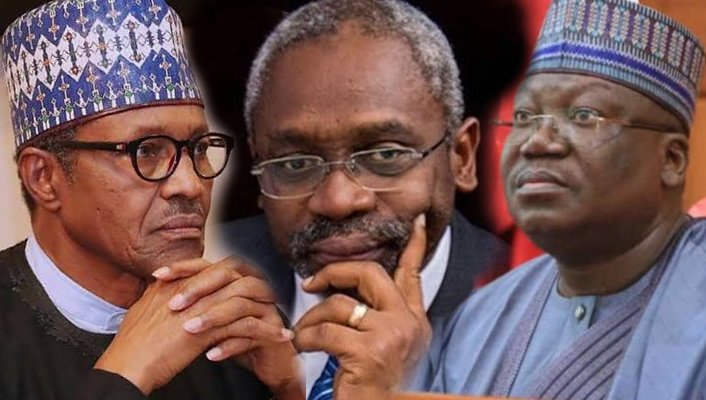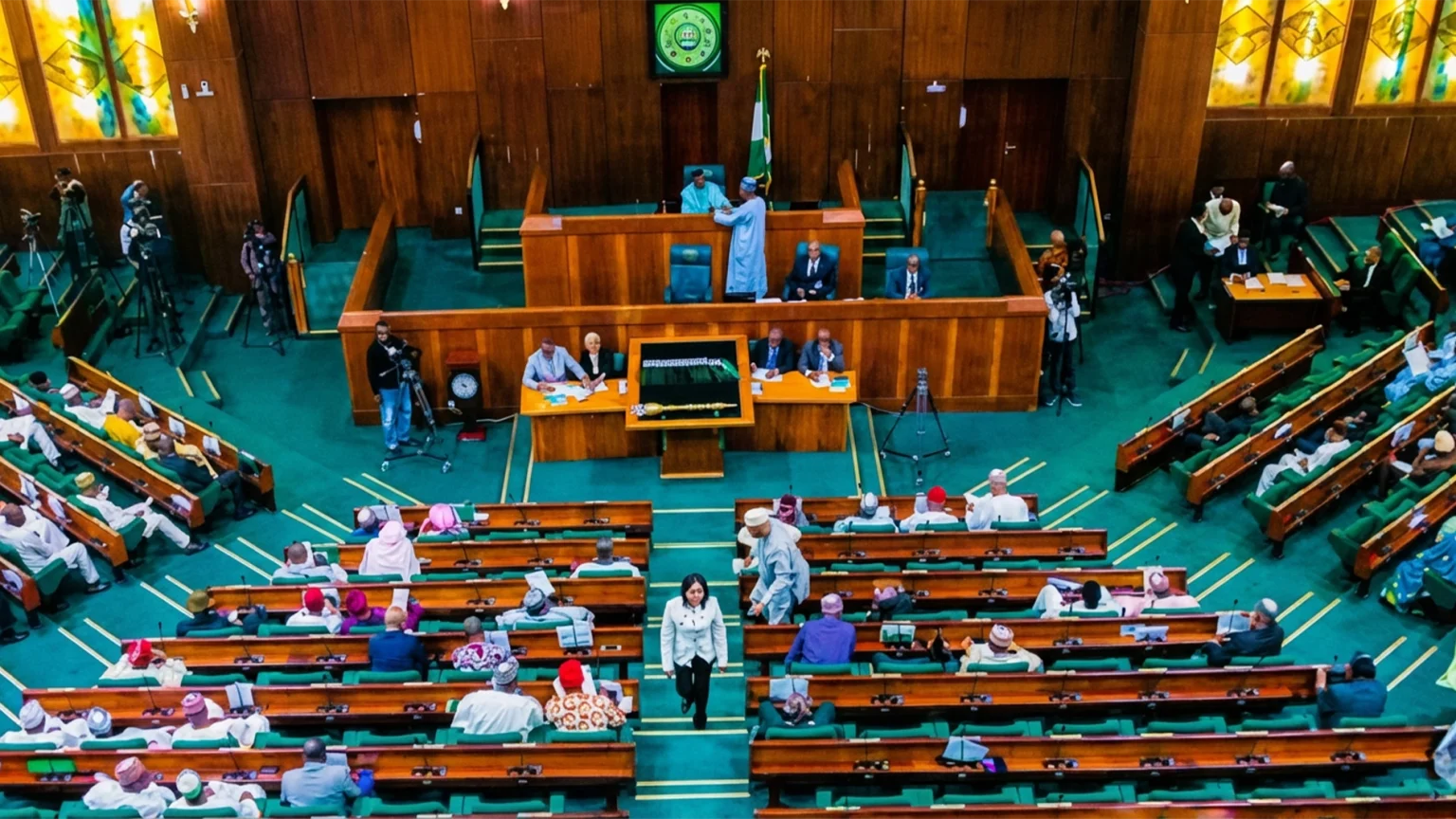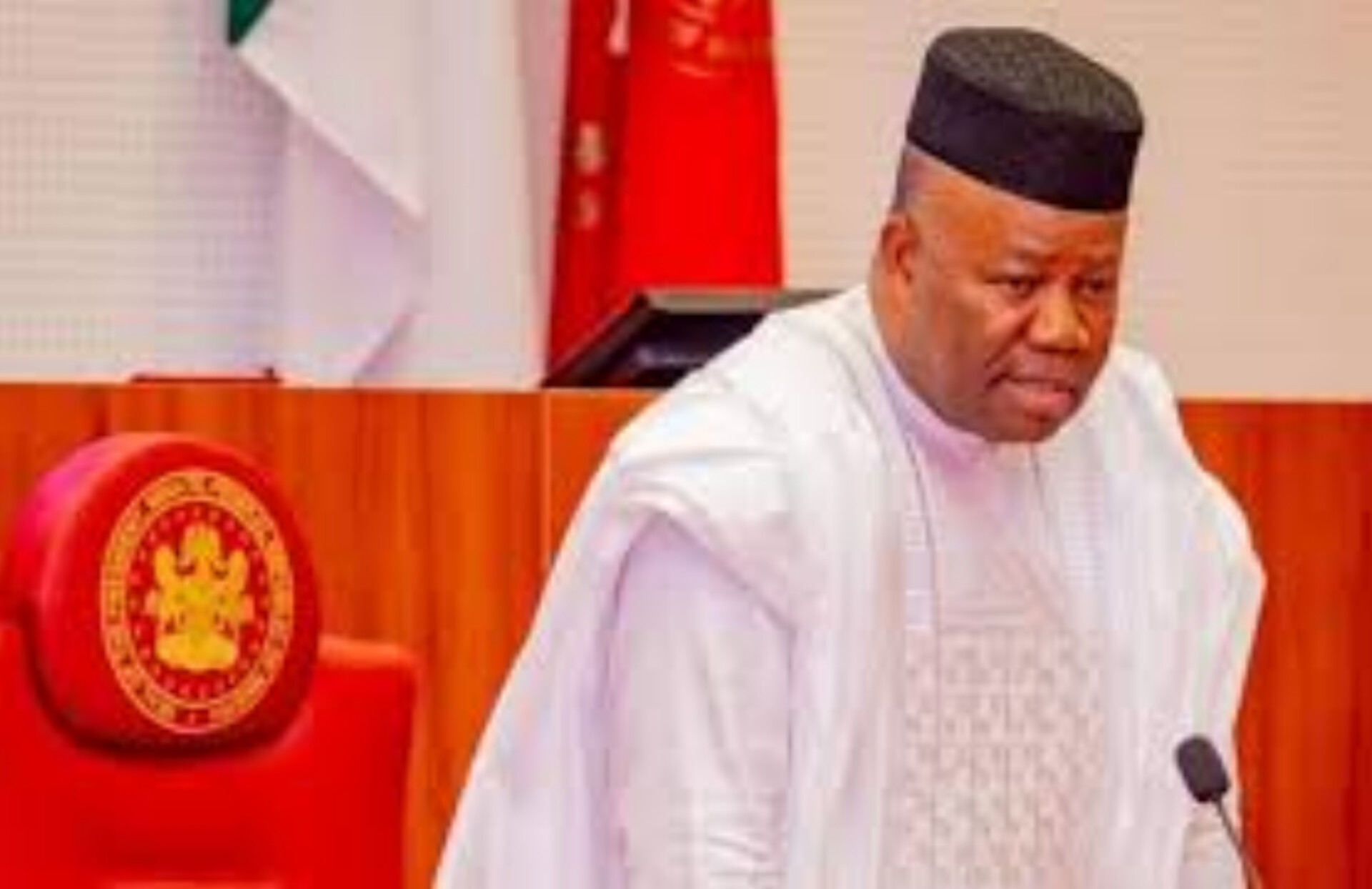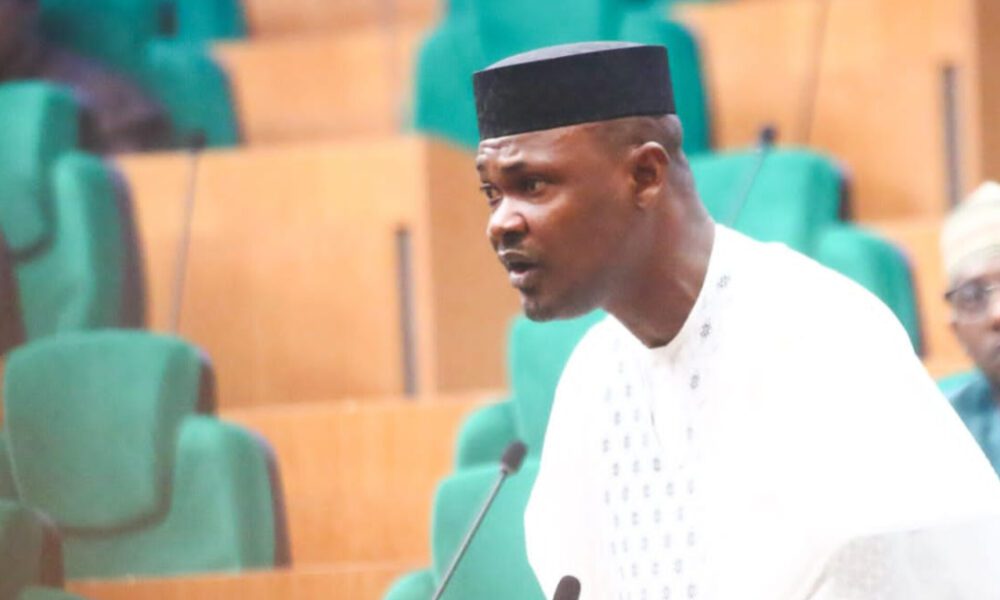President Buhari has asked the National Assembly to review the direct primaries clause and send document back for his assent.
The President who has communicated to the National Assembly, asked the National Assembly to remove the controversial clause on direct primaries from the bill and return the proposed law to him for assent.
The Special Adviser to the President on Media and Publicity, Garba Shehu, confirmed that Buhari had sent the letter to the National Assembly.
According to our sources the President indicated in the letter to the Senate President Ahmad Lawan that the prevailing situation in the country will not allow to him sign the bill.
Amongst other reasons the President cited high cost of conducting direct primaries, the security challenge of monitoring the election, violation of citizens rights, marginalization of small political parties.
Buhari also notes that adopting direct primaries also has implications on the rights of citizens to participate in the government, as constitutionally insured.

According to the President, the conduct of direct primaries will lead to a significant spike in the cost of conducting primary elections by parties, as well as the increase in the cost of monitoring such elections by INEC.
He explained that the direct consequences of the high cost are monitozation and that it will drive and increase the financial crimes and constitute further strain on the economy.
In his view, it will also stifle smaller parties without the enormous resources required to mobilize all party members for the primaries, a situation which he says is not healthy for the sustainance of multiparty democracy in Nigeria.
The President further states that security agencies will also be overstretched, as direct primaries will be open to participation from all and sundry. Such large turnout without effective security coordination, will also engender intimidation and disruptions, thereby raising credibility issues on the outcomes of such election.
Significantly, Buhari said: “The amendment as proposed is the violation of the underlying spirit of democracy, which is characterized by freedom of choices of which political party membership is a voluntary exercise of the constitutional right of freedom of association.
President Buhari also said the proposed amendment might also give rise to a plethora of litigations based on diverse grounds and issues of law, including but not limited to the fact that the proposed amendment could not work in retrospect, given that the existing constitution of the parties already registered with the Independent National Electoral Commission (INEC) permits direct, indirect and consensus primaries. Buhari said his decision is based on informed advise by relevant ministries, departments and agencies of the government, and careful review of the bill in light of the current realities prevalent in the Federal Republic of Nigeria in the circumstances.
He accused governors of the APC and their National Assembly members of deceiving Nigerians that they were engaged in a battle of supremacy over the issue of direct primaries, whereas they had secretly agreed to scuttle the possibility of transmitting election results electronically in 2023.
Wike said the National Assembly did not have what it takes to veto the President’s refusal to assent to the bill.
According to him, the lawmakers are not interested in protecting the interest of Nigerians and ensuring that elections are free and fair with the electronic transmission of results.
“Unfortunately, you don’t have a National Assembly that has what it takes, that will stand for the people, that will say look we were elected by the people and we want to give the people the best. Nobody in the National Assembly, not even the leadership, can have what it takes to say Mr President for the interest of Nigerians, we are going to veto your refusal,” he said.
The governor maintained that because the APC did not take the interest of Nigerians as a priority, its leaders were immersed in crisis while jostling for benefits that fan their personal egos.
N’Assembly won’t override Buhari on bill, says Kwankwaso
A former governor of Kano State, Senator Rabiu Kwankwaso, says the President will not sign the Electoral Act Amendment Bill because governors have pressured him not to approve the provision for direct primaries.
Kwankwaso said this during a chat with The PUNCH ahead of the National Assembly’s recess.
The former governor said indeed, mandatory direct primaries would provide a level playing field and ensure that popular candidates emerge.
He, however, said because such mandatory primaries could make governors less powerful, they would not support it.
The ex-lawmaker said, “In 1999, I was elected as the candidate of the PDP through direct primary but along the line, we realised that there were issues with the direct primary. It is very cumbersome; it has some weaknesses here and there, but after practising the indirect primary, I can easily compare and say the direct one is more democratic and better than the indirect.
“But one thing that I believe is that the governors and other powerful people will never want to approve the direct primary because the power will get out of the government houses and land in the hands of the voters and members of the parties. So, they will never want it. For me, I find it extremely difficult to see how the President will sign it.”
When contacted on Monday to confirm if Buhari had communicated his decision to the National Assembly, the Chairman of the Senate Committee on Media and Public Affairs, Senator Ajibola Basiru, said, “I am not aware.”
His counterpart in the House, Benjamin Kalu, however, said the chamber would take a decision on it today (Tuesday).
National Assembly leaders in emergency meeting, strategise response to President
One of the principal officers of the House, who also confirmed the communication to one of our correspondents Monday night, disclosed that the leadership of the National Assembly held an emergency meeting after it was received.
The lawmaker, who spoke on the condition of anonymity, spoke to our correspondent at about 10:30pm.
“We are currently at holding a leadership meeting over the communication. I won’t be able to say much on the development right now,” he said.
Culled from The Punch




